Forged Certificate Oversees Global Fund, Transparency Preached to Public Service!
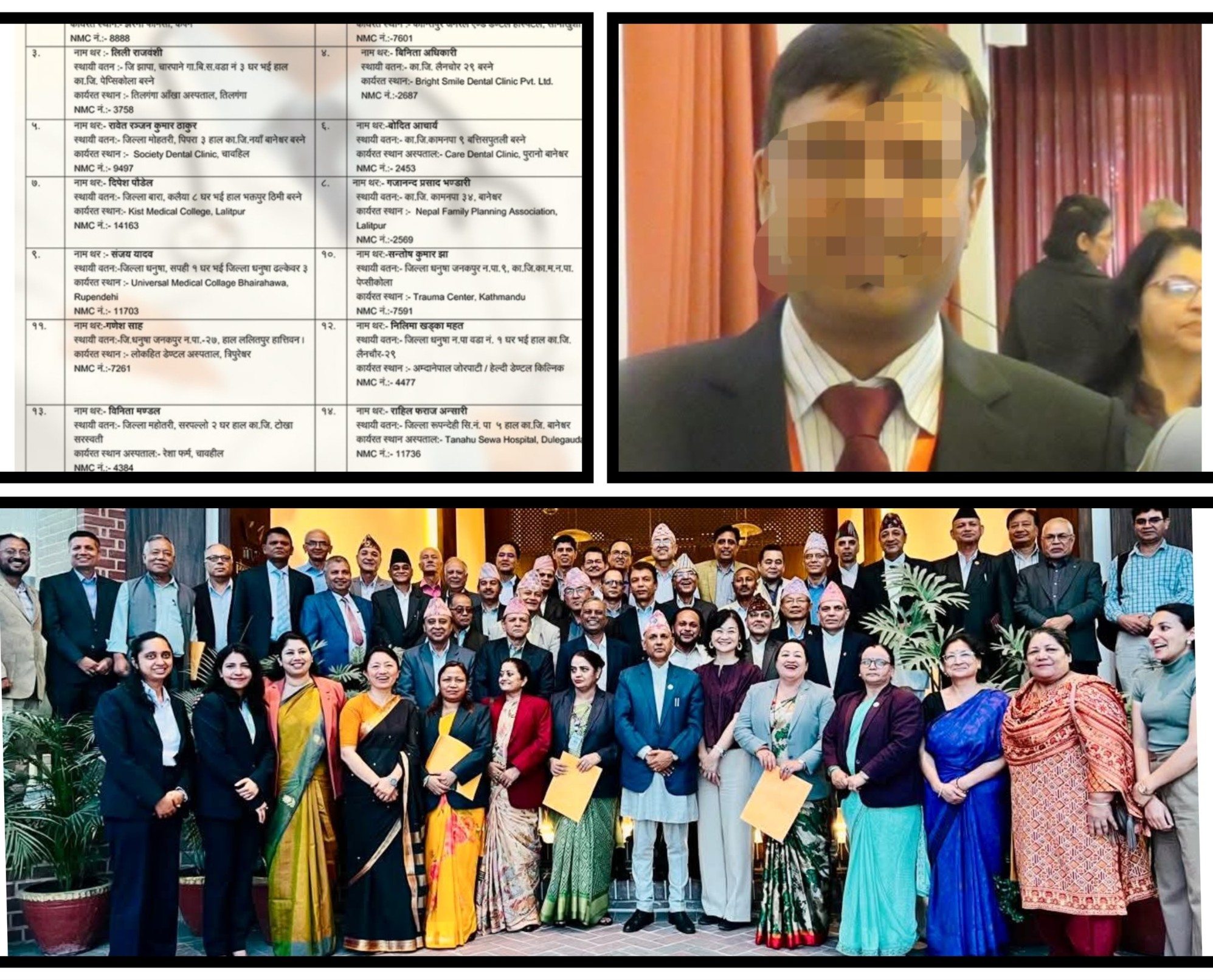
Kathmandu,- The United Nations Development Programme (UNDP) in Nepal, while actively promoting principles of merit-based recruitment and transparency through its Public Service Commission Capacity Development Initiative, is now confronting significant criticism over a series of contentious internal appointments within its vital Global Fund project. These decisions are increasingly viewed as undermining the very integrity and credibility that the organization champions, creating a glaring dissonance with its stated mission.
Recently, the UNDP facilitated a refresher training focused on the Assessment Centre Method for over 60 participants from both Federal and Provincial Public Service Commissions, with a stated aim to bolster transparent, citizen-centered public service delivery across Nepal. However, the efficacy and moral standing of this initiative are being severely questioned in light of recent appointments that involve individuals with demonstrably problematic backgrounds.
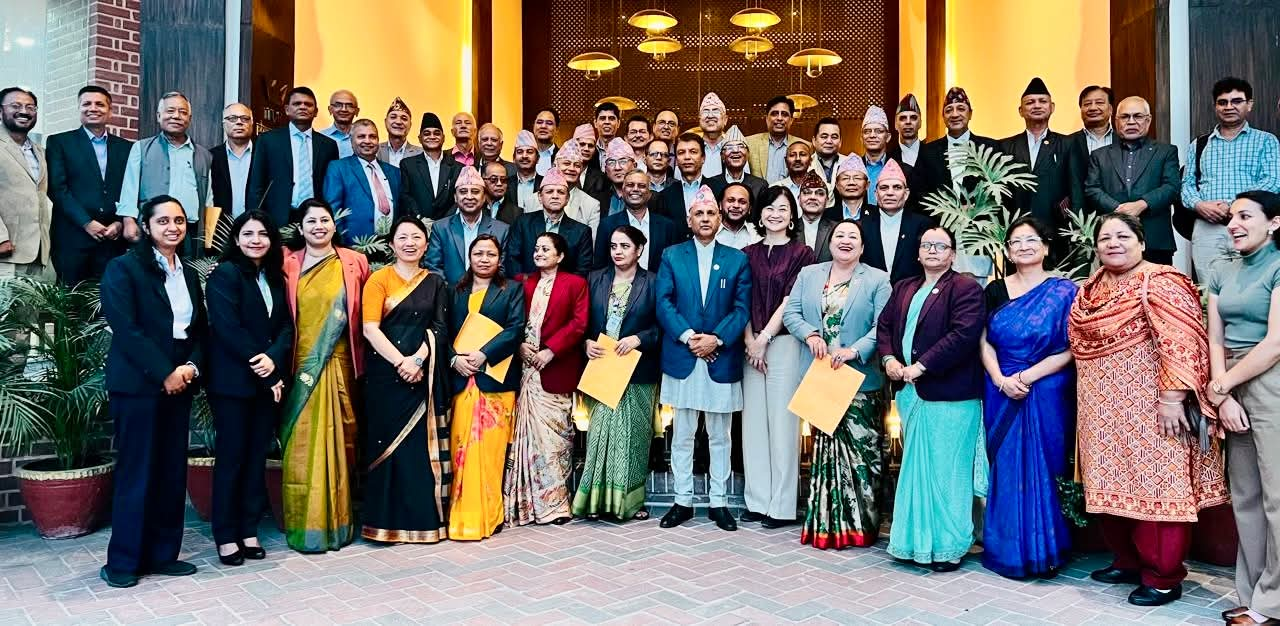
A focal point of this controversy is the appointment of Gajananda Prakash Bhandarito a senior position within the Global Fund project. Bhandari’s past includes a 2016 arrest by Nepal’s Central Investigation Bureau (CIB) on allegations of securing a medical education using a forged I.Sc. (Intermediate of Science) certificate. Dr. Satish Dev, Registrar of the Nepal Medical Council, has confirmed the revocation of Bhandari’s medical registration, asserting that the annulment followed definitive concerns regarding the authenticity of his foundational I.Sc. certificate. Another council official, speaking on condition of anonymity due to fear of reprisal, emphatically stated, “Once his I.Sc. certificate was proven to be forged, all subsequent academic qualifications became legally invalid. All his certificates are fake.”
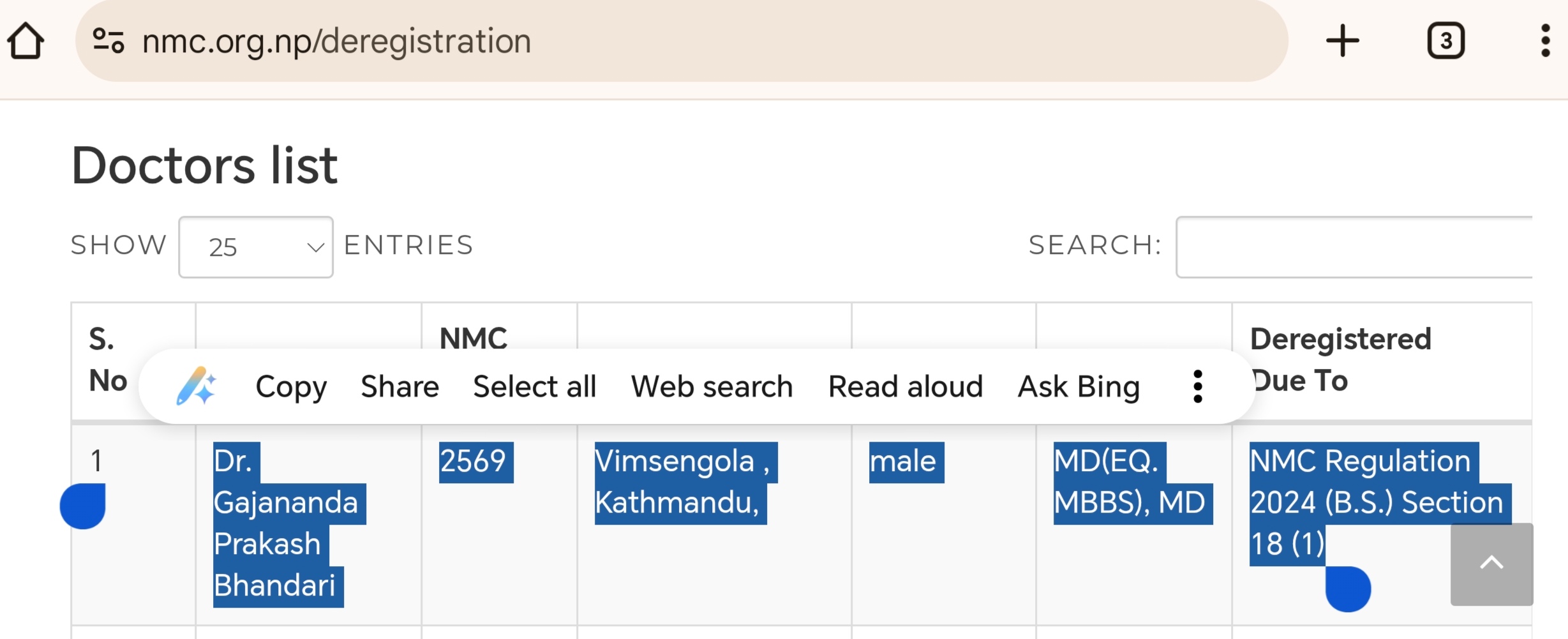
Dr. Krishna Adhikari, former Registrar of the Nepal Medical Council, further corroborated these claims, detailing “Operation quak,” a joint CIB and Medical Council initiative in 2016 that led to Bhandari’s arrest alongside other individuals implicated in presenting fraudulent academic credentials. Despite this serious legal and ethical history, sources indicate Bhandari’s appointment within the UNDP’s Global Fund project proceeded through internal arrangements, raising urgent questions about the organization’s due diligence processes and the thoroughness of its background checks.
Concurrently, the appointment of Ayusha Dhungel as a laboratory analyst under the same Global Fund project has also attracted considerable scrutiny. While Dhungel holds an academic background in biotechnology, a field focused on biological applications for human benefit, critics argue that her qualifications demonstrably lack the specific expertise required for a role demanding intricate knowledge of TB, HIV, malaria, or Nepal’s intricate public health laboratory systems. The perceived absence of technical proficiency in critical areas such as disease surveillance, implementation challenges, and laboratory strengthening has prompted concerns regarding the responsible allocation of roles within a project vital to the nation’s public health infrastructure. The technical vacuum created by Ms. Dhungel’s alleged lack of specific laboratory expertise, particularly in a country grappling with endemic TB and HIV, raises immediate questions about the quality and reliability of critical diagnostic work.
The UNDP, thus far, has conspicuously avoided comment on these controversial appointments. Despite multiple inquiries seeking an official statement from UNDP Nepal, the organization has maintained a notable silence. Furthermore, reports indicate that Bhandari’s appointment relied on the validation of higher-level academic certificates, seemingly without what appears to be adequate verification of his foundational I.Sc. credentials.
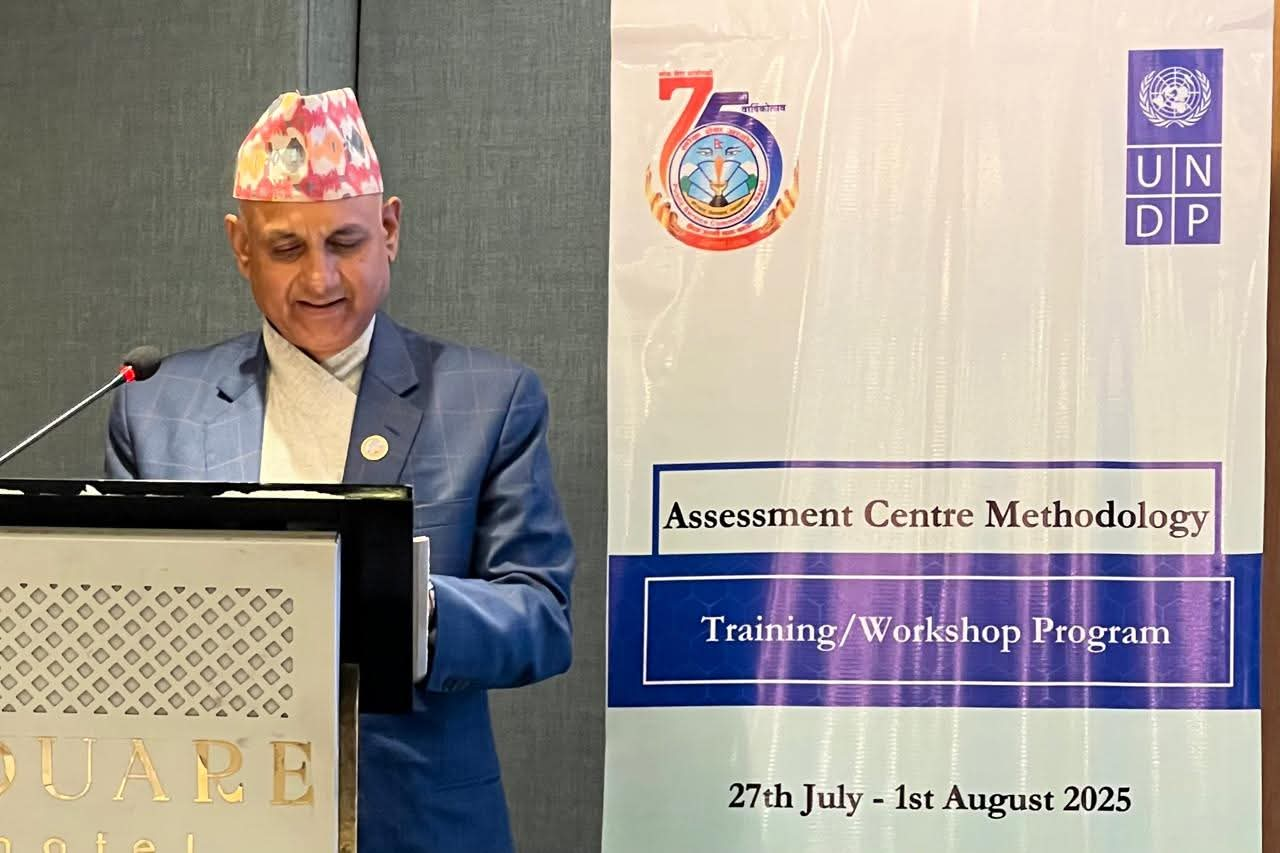
The stark dichotomy between UNDP’s public advocacy for rigorous, merit-based recruitment and its observed internal hiring practices presents a glaring double standard, challenging the very foundation of its capacity development mandate in Nepal. Meanwhile, a noted political economist specializing in development aid in South Asia, speaking on condition of anonymity to discuss sensitive organizational matters, cautioned, ‘When major international bodies like the UNDP, which preach transparency, are seen to harbor such discrepancies within their own ranks, it erodes trust not just in the organization, but in the entire development paradigm. It makes local reforms significantly harder.'”
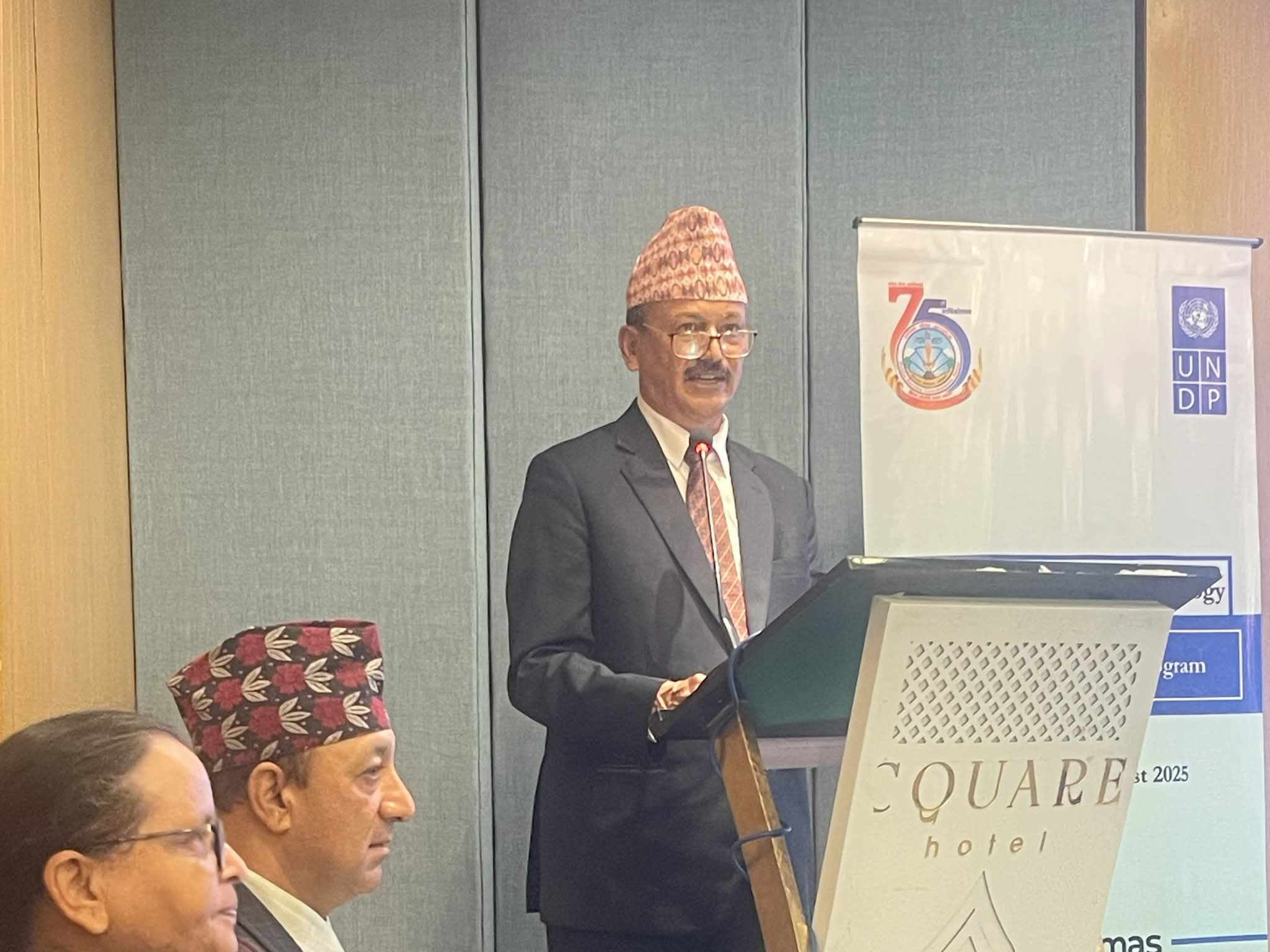
Analysts warn that such appointments risk undermining Nepal’s broader public service reform objectives and could compromise the effectiveness of citizen-centric service delivery, particularly within a sensitive sector like public health. This latest controversy revives long-standing concerns among anti-corruption advocates in Nepal about the efficacy and accountability of international aid projects. For decades, the flow of foreign assistance has been scrutinized for its susceptibility to graft and opaque hiring practices, a challenge that critics argue the UNDP’s current situation only exacerbates.
There is a discernible and increasing demand for the UNDP to be held accountable for these decisions and to enact immediate and verifiable reforms to its recruitment processes to ensure transparency and integrity. These interconnected developments, encompassing both training initiatives and controversial personnel decisions, underscore an urgent necessity for profound introspection into governance, accountability, and institutional integrity within Nepal’s expansive development landscape.
क्याटेगोरी : English, अन्तर्राष्ट्रिय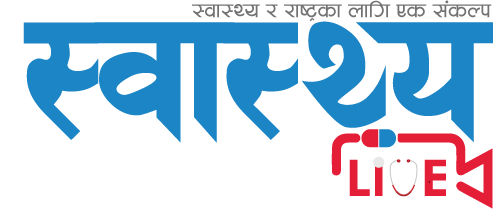

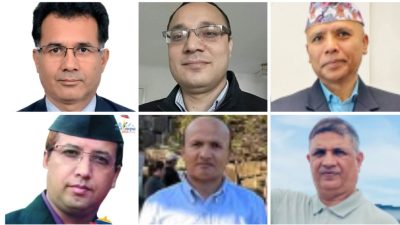
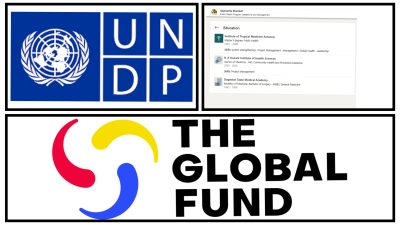
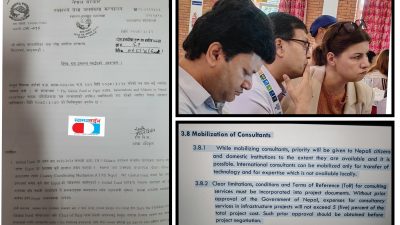

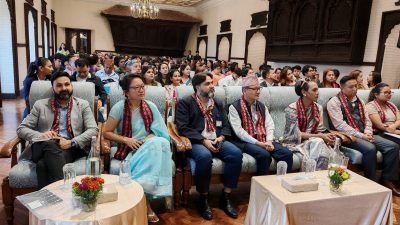



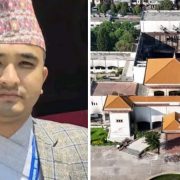
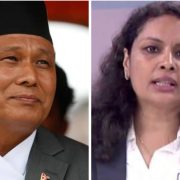

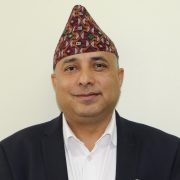
तपाईको प्रतिक्रिया दिनुहोस